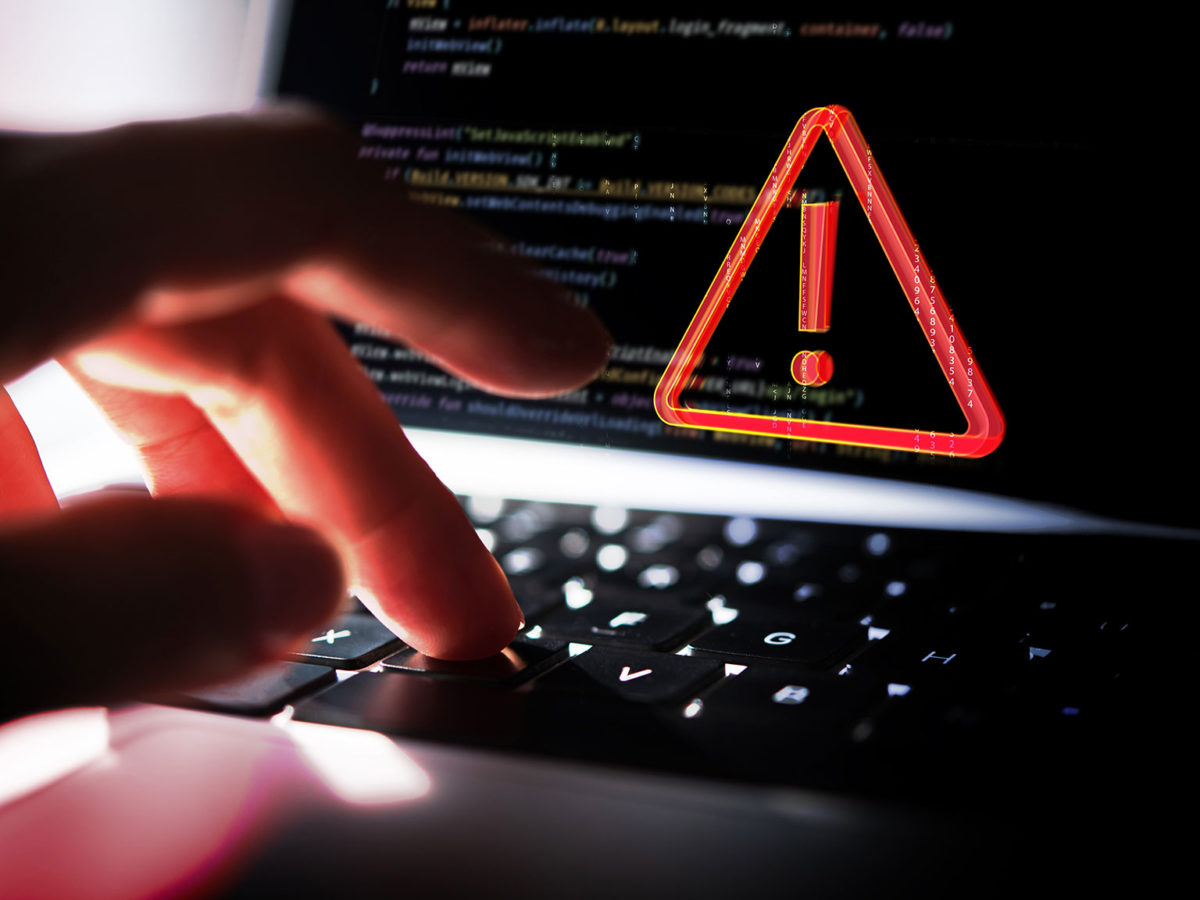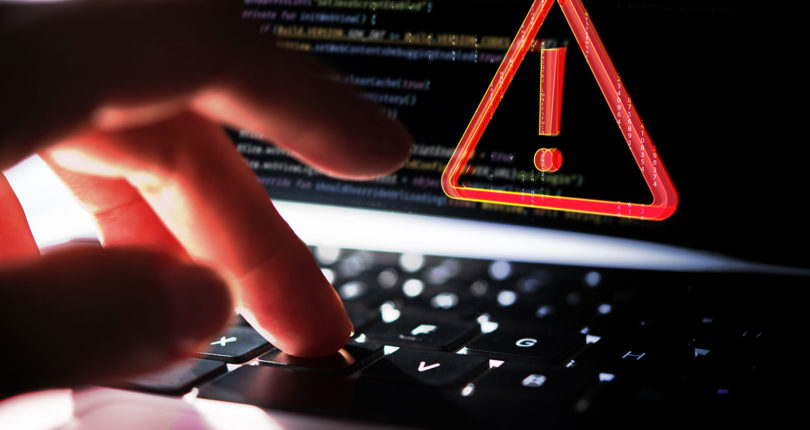The ultimate guide to shopping safely online
With the ongoing Covid-19 pandemic, most people have opted to shop online this Christmas. It’s a quick and easy option to buy for everyone on your list without having to brave the shops. As more and more people move online, however, unfortunately the risk of being scammed has increased significantly….

As we plan our gifts, cybercriminals are preparing to try and scam as many people as they can. That’s why we’ve compiled the ultimate guide to help you shop safely online at Christmas.
Top tips for shopping safely online
1. Stay secure
Firstly, ensure the website your shopping on is secure, you can usually see this by spotting the padlock in the left-hand side of the web address bar and clicking on it to check the site certificate. The website address should also begin with https://, the S stands for secure, and sometimes will turn green to indicate you are in a secure connection. You should also always use a strong password on your accounts. The best and strongest passwords use a combination of upper and lower case letters, numbers and special characters.
2. Keep your software, apps and anti-virus systems up to date
As cybercriminals get more advanced in the ways they scam people, it’s important to ensure that your computer stays well protected. Firstly, make sure you have completed any outstanding updates to your computer software and anti-virus. You should also check that your firewall is enabled to stop hackers accessing your computer whilst you’re online.
3. Research the brand and seller
If you are purchasing something from a retailer you’ve never heard of, do a quick online search to ensure they are legitimate. Look at reviews and ratings and ensure the website you are on is definitely the brand you think it is. There are thousands of websites out there, so it’s always best to double check before making an online purchase.
4. Make sure your Wi-Fi connection is secure
You should never use public Wi-Fi when buying online. These connections, usually available in public places like shopping centres and coffee shops, are not fully secure. Hackers could intercept personal information you send whilst connected to a public network. If you have to make purchases whilst you’re out and about, it’s safer to use your mobile data.
5. Know your rights
Make sure you know what rights you have and whether the website has a returns policy. You can check where the product is being sent from, how long it will take to arrive, and if you can return it. If you can’t seem to find a way to return goods, you should be suspicious. If you’re buying something expensive, always check that you are buying it from an authorised seller or distributer. There is a large market for selling counterfeit goods online, so it’s always best to research what you are buying and compare pricing.
6. Pay using a credit card or PayPal
Both of these options offer you more protection, making it easier for you to recover funds than if you paid by debit card or bank transfer. If you buy from a fake seller, you may lose money, but if you can lose everything if your bank details are stolen. That’s why using a service like PayPal can help you stay more secure as you don’t give out any card details when making a purchase. Buying using a credit card also gives you extra protection under section 75 of the Consumer Credit Act for purchases over £100 up to £30,000.
7. Be careful when purchasing gift cards
It’s best to only ever buy gift cards from trusted sources. There are many sites out there that will ask for your financial details and payment information, when in reality the gift card is a scam.
8. Think about the information you are giving out
Only give out information that is completely necessary, if you’re filling out a payment form, consider whether they really need all of the information.
9. Check your bank statement regularly
By regularly checking your account statements, you will be in a much better place to notice any unauthorised transactions. We would suggest checking your statement around twice a week. If you spot any irregularities, report them directly to your bank as soon as possible. You could also choose to set up alerts with your bank, so you receive an email or text whenever there is a transaction over a certain amount.
10. Look out for pharming scams
A pharming scam is when cybercriminals begin attacking a legitimate website that you are trying to access. When this happens, it will look like you have arrived on the website, when in reality you are on a fake version that has been built by hackers. It will usually prompt you to input personal information or make a bank transfer. The best way to spot these scams is to be on the look out for strange web addresses with odd numbers or slightly different spellings.
11. Be wary of links
Never click on links that look suspicious in emails or text messages. Cybercriminals use malicious links to trick users into giving them personal information, or to infect a user’s computer with malware. So, if you receive an email featuring some amazing Christmas deals, don’t click on links within the email. It may look like it’s from a legitimate sender, but sometimes it can be a hacker in disguise. The best thing to do is visit the retailer’s official website through a new tab and check the offer is correct.
12. Be vigilant and smart
If a deal looks too good to be true, it probably is.
What to do if you think you’ve been scammed
If you are unhappy with a product you have received online, or it is damaged or faulty, the first thing to do is try and contact the online seller and website. If you paid by card and receive no response or little compensation from the seller, you can contact your card provider.
If you believe your card details have been stolen, contact your bank immediately so they can block any transactions. You can usually get any money back that you have lost from scammers.
You can also report any scams or attempted hacks to Action Fraud on 0300 123 2040, use their online reporting tool or on the FCA Scam Smart website.
Shop safe this Christmas!
By following these top tips, you should be out of danger whilst you are shopping online this Christmas. For more information on how we could support you and your business online, get in touch with our friendly team today!







